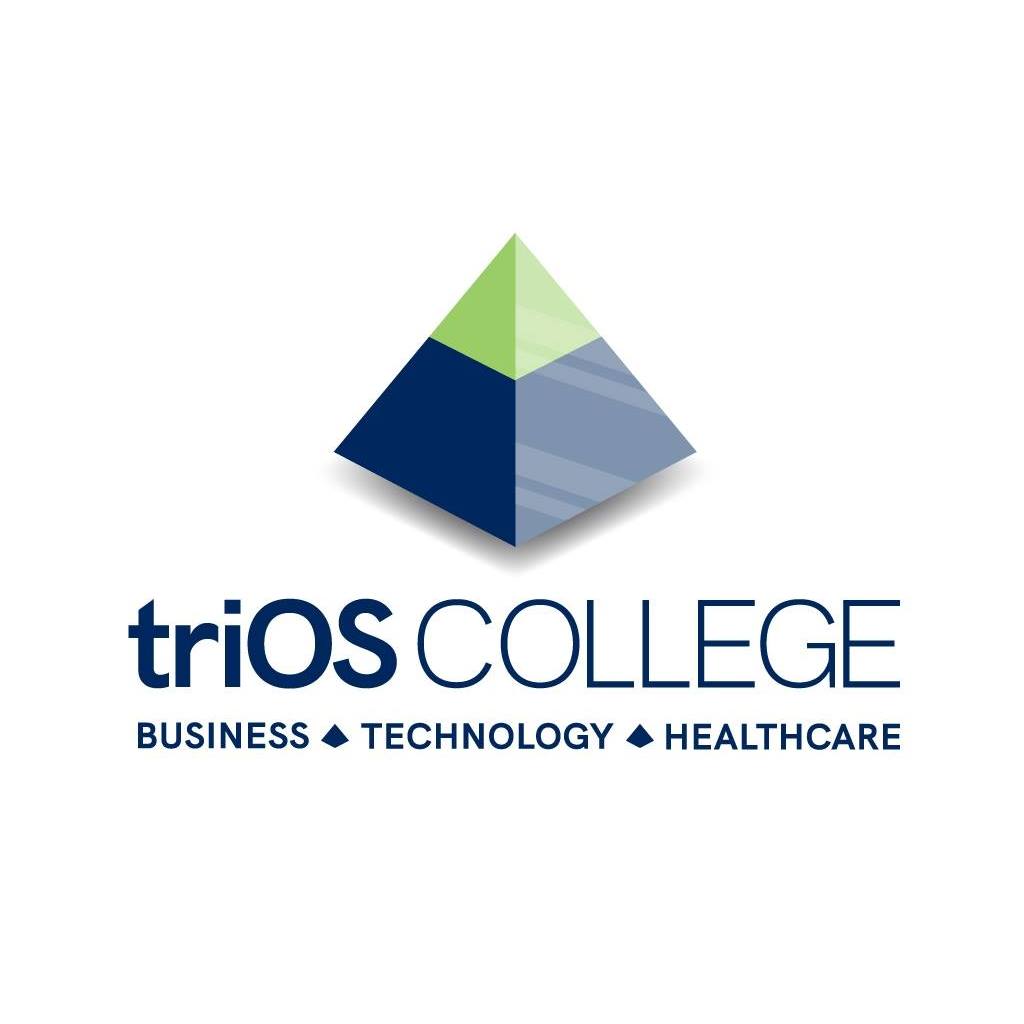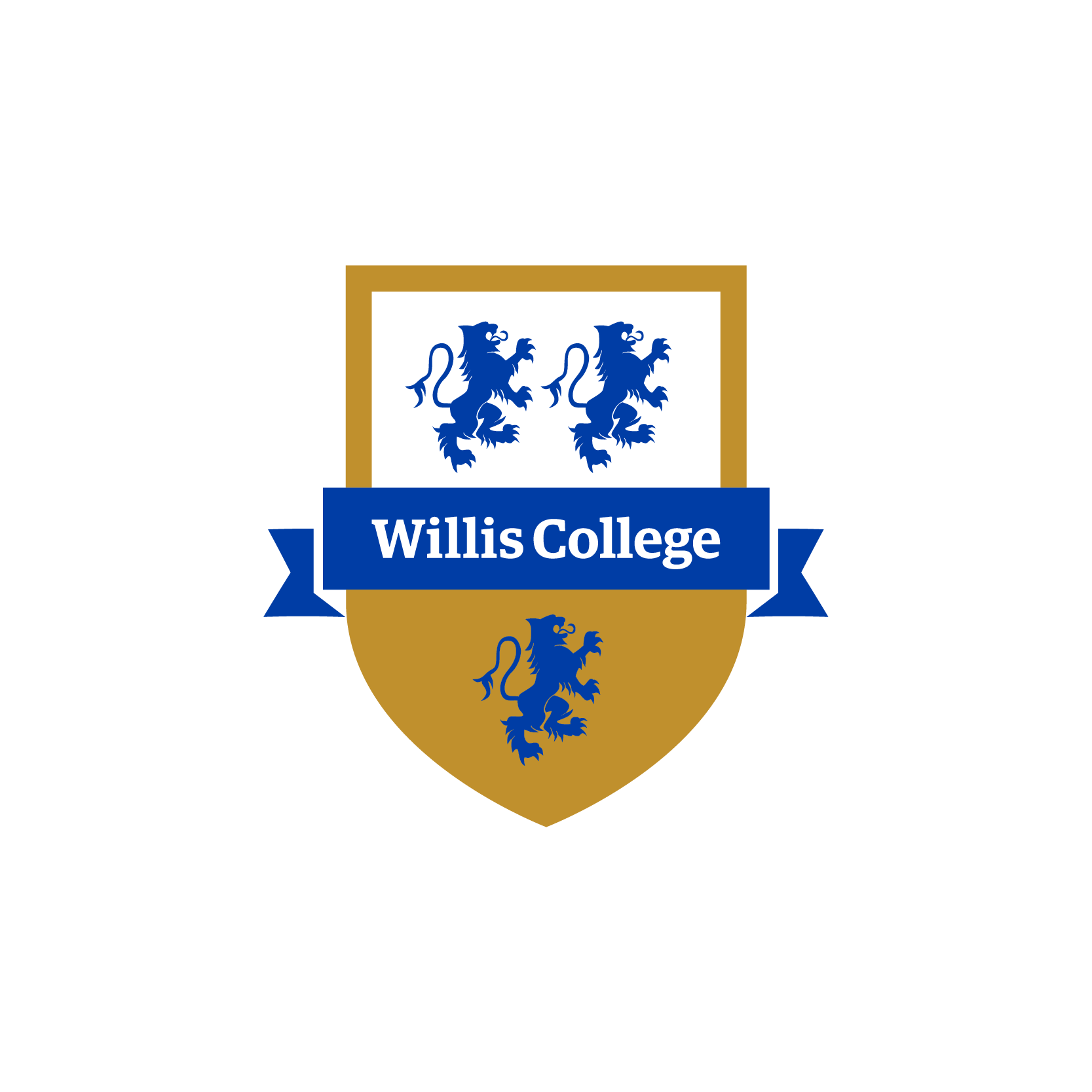This course sets out criminal law as a form of public law and discusses the various elements of a crime, as well as exploring the classification of crimes and the defences available to the accused.

This course sets out criminal law as a form of public law and discusses the various elements of a crime, as well as exploring the classification of crimes and the defences available to the accused.
Students will consider in detail defences such as mental impairment, provocation, and necessity, as well as consider mitigating considerations such as the Gladue factors, which are considered if the offender comes from the Indigenous community.
Students will assess the facts of a criminal matter against the provisions of the Canadian Charter of Rights and Freedoms and the Constitution of Canada.
With the strength of a NorQuest College education, our learners have the skills and confidence to further their studies, begin new careers, provide better lives for their families, and make valuable contributions to society.
At NorQuest, we have a unique ability to provide students with the skills Alberta needs in a supportive and inclusive environment. And with input from industry, business, and the public sector, we make learning relevant and rewarding.
We understand that our learners come with varying levels of education and we assist them at the times and places that meet their needs, whether that is in the classroom, via distance learning or continuing education.
We help identify their strengths, work on their areas of need, and move them towards exciting learning paths and life-changing careers. Our post-secondary diploma and certificate programs offer careers in health, community studies, and business.
We also uniquely deliver to the increasing demands of our economy. Thanks to our workforce-relevant programming, the average diploma graduate from NorQuest College earns $15,100 more than a high school graduate at their career midpoint.
In addition, research shows that NorQuest College and our students added $471.4 million of total income to Edmonton’s regional economy. These outcomes are based on a 2016-17 study conducted by Economic Specialists International.
Located on traditional lands referred to as Treaty 6 territory, we serve 21,162 learners. This translates to 12,112 full-time and part-time credit students, and 9,050 non-credit or continuing education students, including assessment examinations.
As a regional steward, we provide access to adult education in Edmonton and the surrounding region. Our services reach from Drayton Valley in the southwest, to Whitecourt in the northwest, and to Wetaskiwin in the southeast, encompassing 26 communities. In all, three regional campuses complement our two Edmonton campuses.
We are proud to embrace diversity and honour inclusiveness:

You'll develop your ability to identify and analyze those legal issues that are pertinent to your day-to-day business transactions and relationships. In short, you'll learn how to stay on the right side of the law.

Bureau Veritas offers a Data Protection Certification Scheme based on a Technical Standard to help companies comply with the EU’s General Data Protection Regulation (GDPR) and other emerging data protection laws.

This course will provide students with a fundamental understanding of the nature of contracts. Profitability of a joint business venture is based upon strategic partnerships with key suppliers to shorten lead times and reduce bottlenecks within the supply chain

Be a part of the growing legal field and work towards a rewarding career with this 37-week diploma program. Through our small class sizes, you will get the attention and guidance you deserve from our highly-knowledgeable instructors.

This course will introduce students to the importance of negotiation strategies in supply chain management and the skills required to become an effective negotiator. Students will become familiar with the negotiation framework, negotiation tactics, and strategies.
© 2025 coursetakers.com All Rights Reserved. Terms and Conditions of use | Privacy Policy